The Ultimate Guide To Companion Planting With Asparagus
The Ultimate Guide to Companion Planting with Asparagus
Asparagus is a delicious and versatile vegetable that can be enjoyed in many different ways. It's also a relatively easy plant to grow, but there are a few things you can do to help it thrive. One of the best ways to do this is to plant companion plants with your asparagus.
Companion planting is the practice of planting certain types of plants together to benefit each other. Some plants help to attract beneficial insects, while others help to repel pests. Some plants also help to improve the soil quality, which can benefit all of the plants in your garden.
There are a number of different plants that can be good companion plants for asparagus. Here are a few of the best:
- Nightshades: Nightshades, such as tomatoes, peppers, and eggplants, release a chemical called solanine that helps to repel asparagus beetles. Asparagus beetles are one of the most common pests of asparagus, so planting nightshades near your asparagus can help to protect it from these pests.
- Basil: Basil is another good companion plant for asparagus. It helps to attract beneficial insects, such as ladybugs and lacewings, which prey on asparagus pests. Basil also helps to improve the flavor of asparagus, so you'll get a double whammy by planting these two plants together.
- Parsley: Parsley is another herb that is beneficial to asparagus. It helps to improve the soil quality by attracting earthworms and other beneficial organisms. Parsley also helps to repel asparagus beetles, so it's a good choice for companion planting.
- Coriander: Coriander is a good companion plant for asparagus because it helps to repel spider mites and aphids. These pests can be a problem for asparagus, so planting coriander can help to keep them at bay.
- Marigolds: Marigolds are a popular companion plant for many different vegetables, and asparagus is no exception. Marigolds help to repel nematodes, which are root-knot nematodes that can damage asparagus roots. They also help to attract beneficial insects, such as ladybugs and lacewings.
In addition to these plants, there are a few other plants that you should avoid planting near asparagus. These include alliums, such as onions, garlic, and leeks. Alliums can stunt the growth of asparagus, so it's best to avoid planting them together.
By planting companion plants with your asparagus, you can help to improve its health and productivity. You'll also be able to enjoy a more balanced ecosystem in your garden.
Asparagus is a delicious and versatile vegetable that can be enjoyed in many different ways. But did you know that there are certain plants that can help asparagus grow even better? That's right, companion planting is a great way to boost the health and productivity of your asparagus crop.
Some of the best companion plants for asparagus include:
- Nightshades: Tomatoes, eggplants, and peppers all release a chemical called solanine that repels asparagus beetles. Asparagus, in turn, helps to protect these plants from nematodes.
- Herbs: Basil, parsley, and dill all help to improve the flavor of asparagus. They also attract beneficial insects that help to control pests.
- Flowers: Marigolds, nasturtiums, and other members of the Aster family help to deter pests and attract pollinators.
If you're looking for more information about good companion plants for asparagus, I recommend visiting Garden Wiki. This website has a comprehensive list of companion plants for asparagus, as well as detailed information about the benefits of each plant.
FAQ of good companion plants for asparagus
Q: What are some good companion plants for asparagus?
A: Asparagus is a relatively low-maintenance plant, but it can benefit from the company of some other plants. Here are some of the best companion plants for asparagus:
- Basil: Basil is a fragrant herb that helps repel asparagus beetles. It also attracts pollinators, which can help improve the pollination of your asparagus plants.
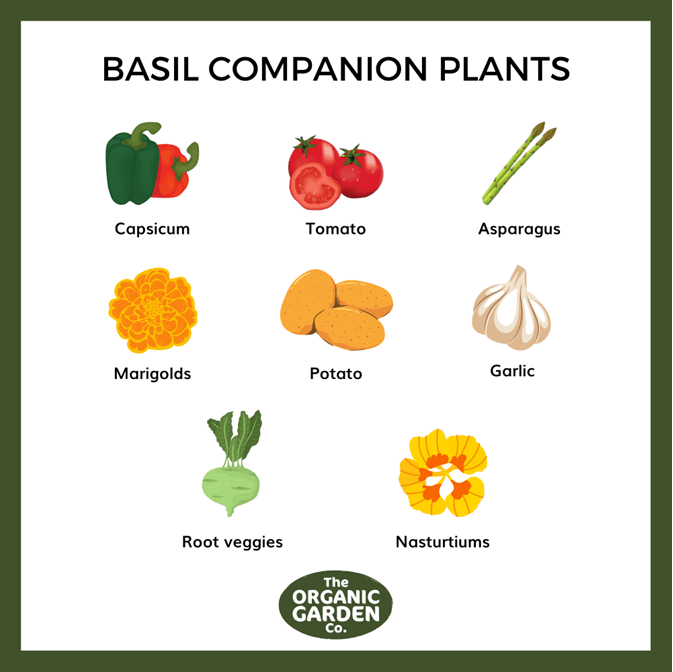
- Parsley: Parsley is another fragrant herb that helps repel asparagus beetles. It also improves the flavor of asparagus spears.
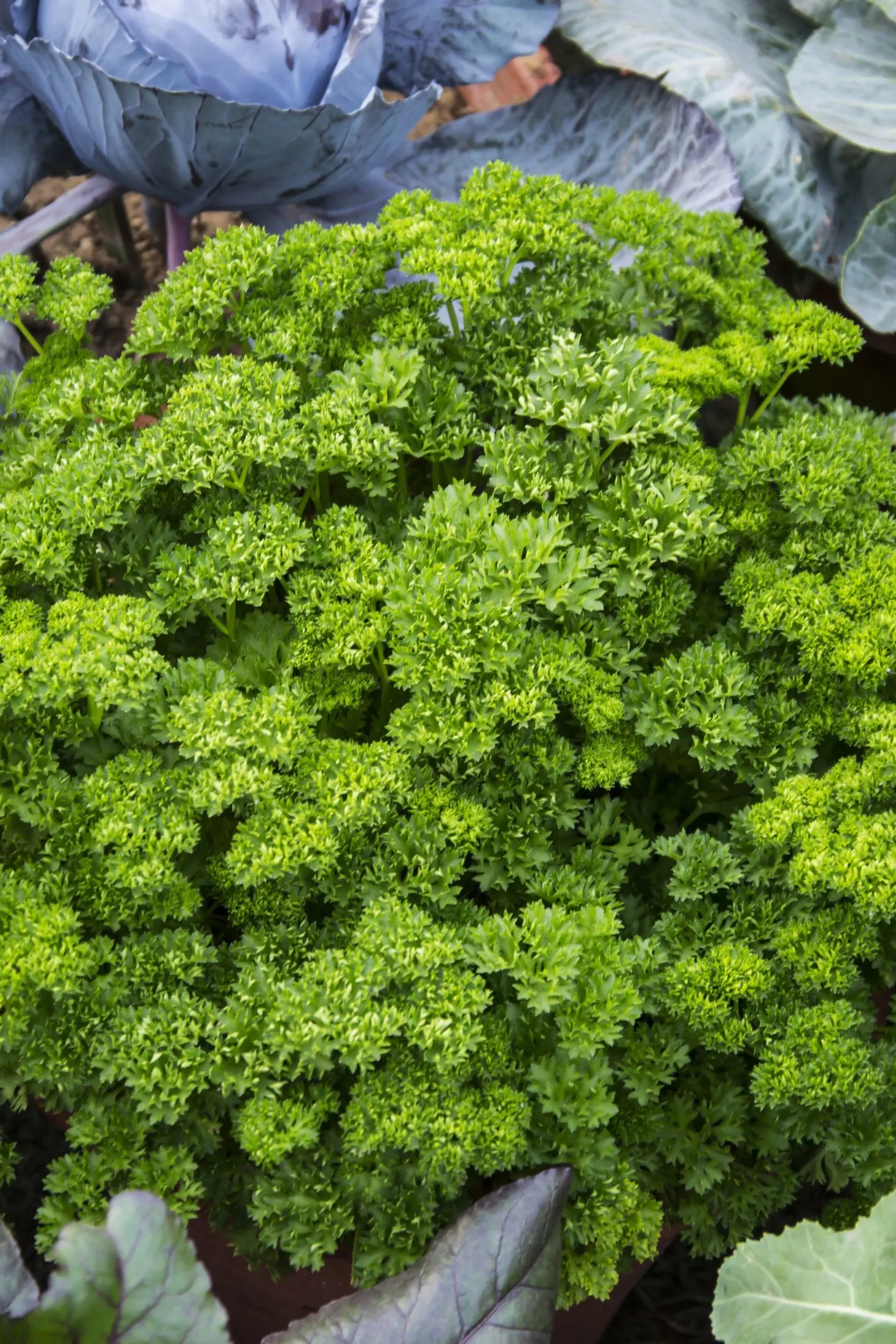
- Nasturtiums: Nasturtiums are colorful flowers that help attract pollinators. They also deter asparagus beetles and other pests.
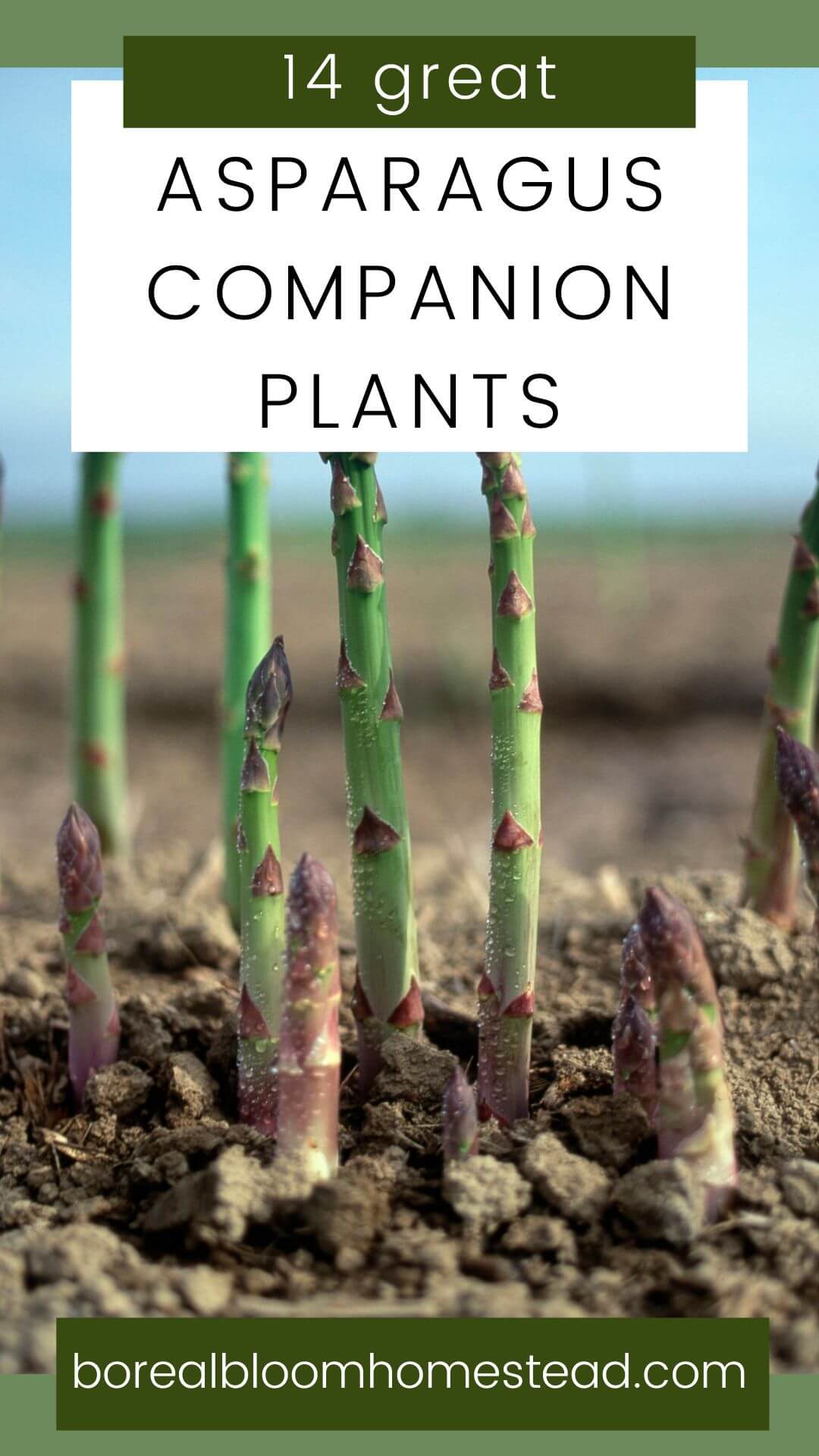
- Tomatoes: Tomatoes release a chemical called solanine that helps repel asparagus beetles. Asparagus, in turn, helps protect tomatoes from nematodes.
- Dill: Dill is a herb that helps improve the flavor of asparagus spears. It also helps attract pollinators.
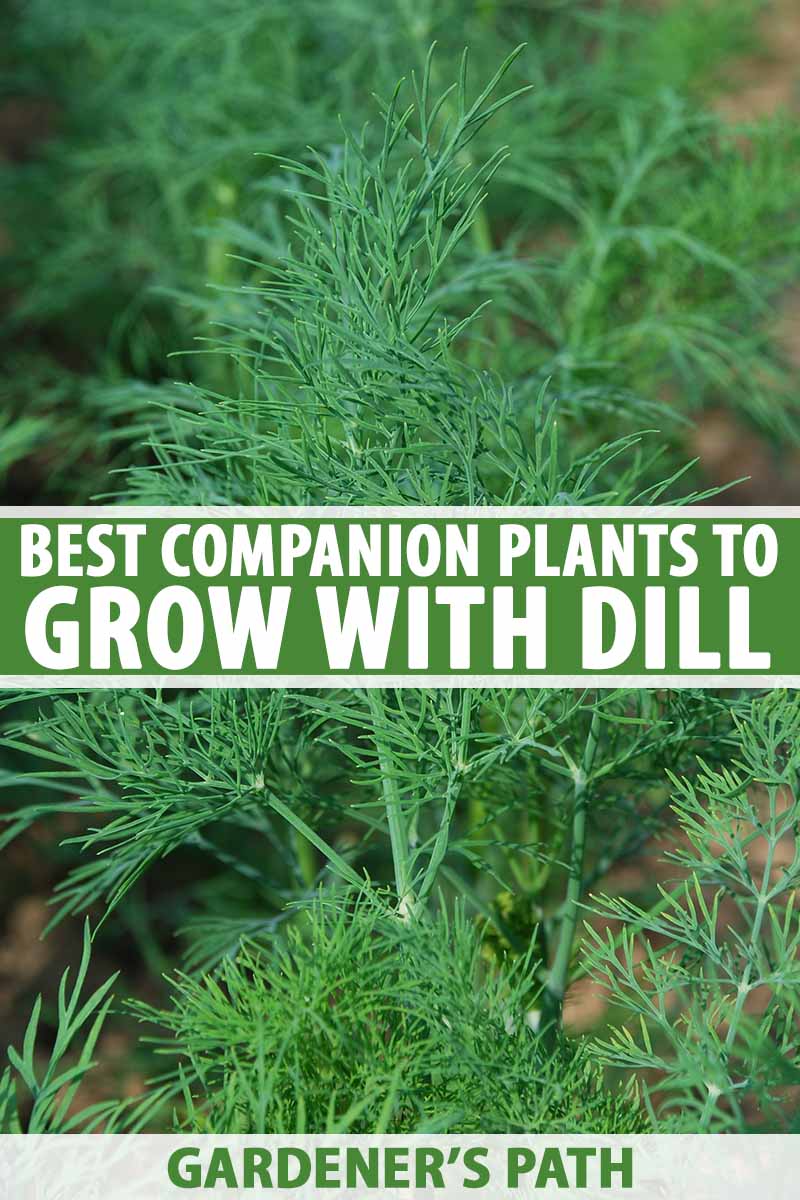
Q: What are some plants that I should avoid planting near asparagus?
A: There are a few plants that you should avoid planting near asparagus. These include:
- Onions: Onions can stunt the growth of asparagus plants.
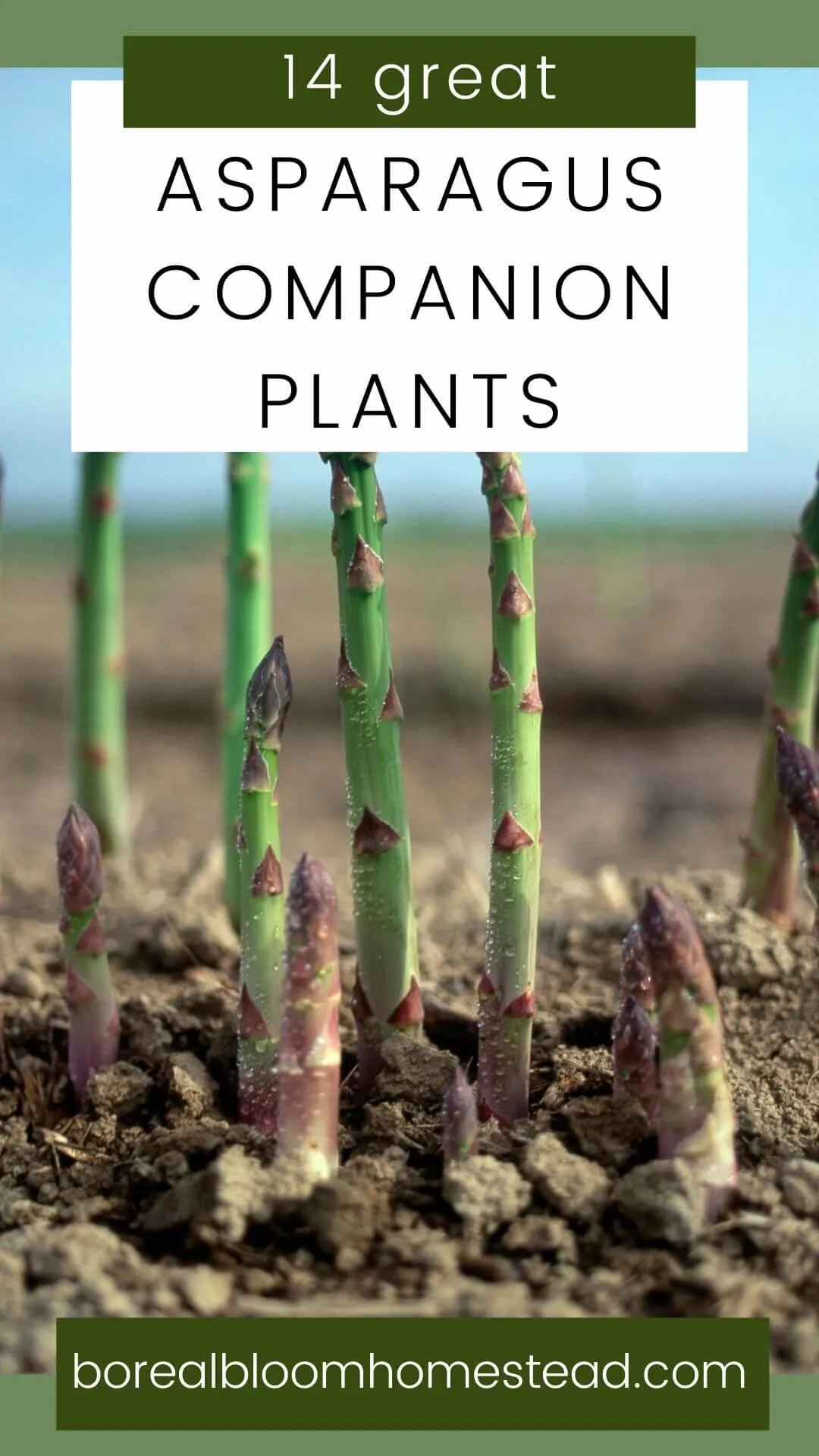
- Garlic: Garlic can also stunt the growth of asparagus plants.
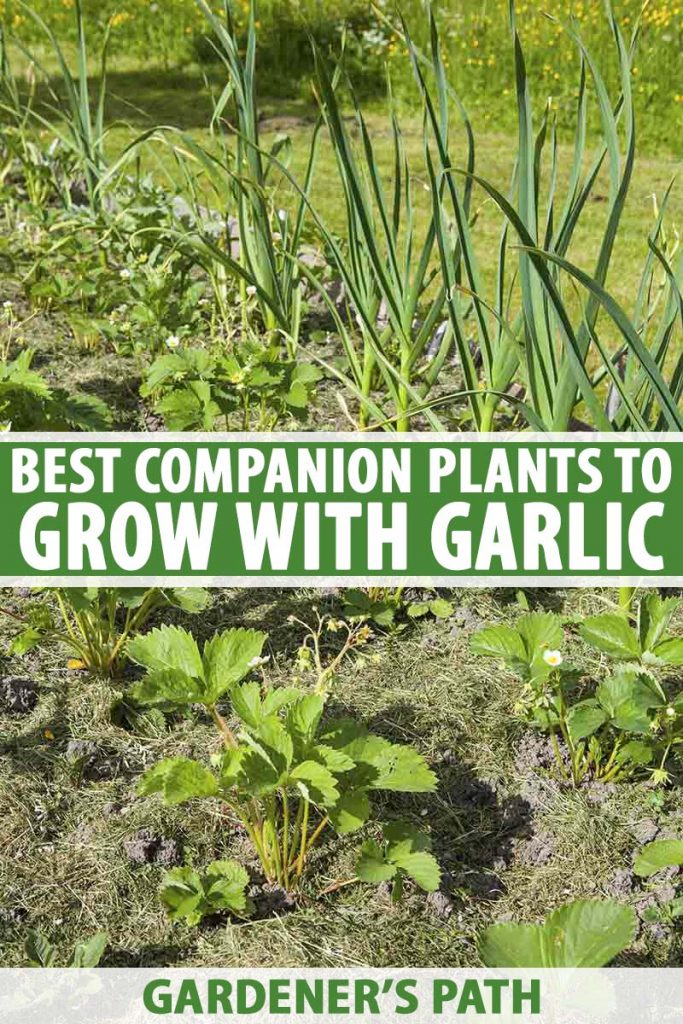
- Cabbage: Cabbage can attract pests that can also damage asparagus plants.
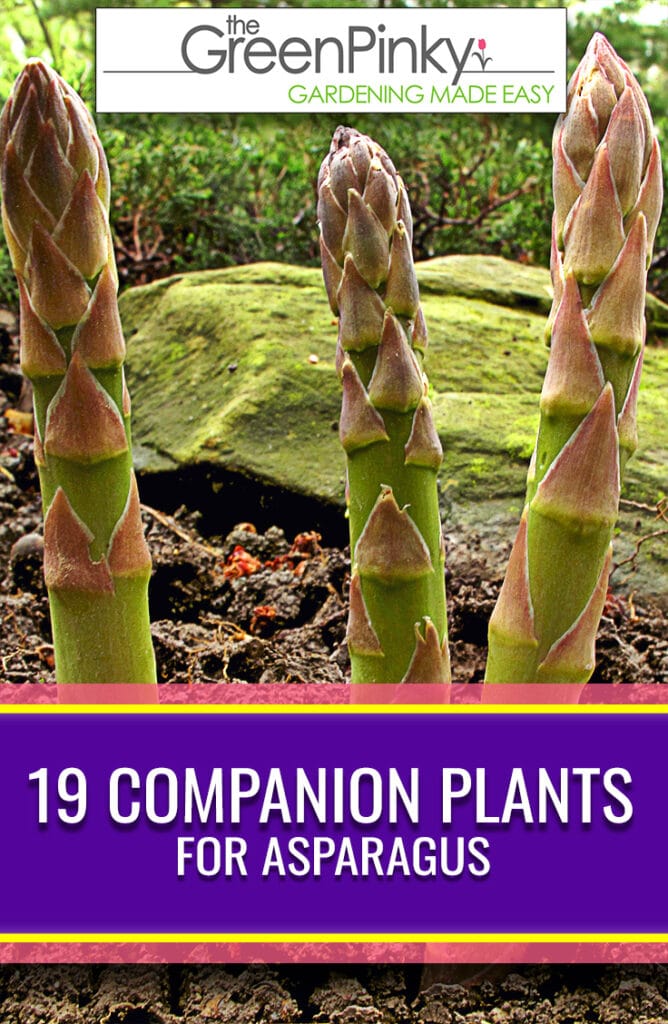
- Potatoes: Potatoes can attract pests that can also damage asparagus plants.

Q: What are the benefits of companion planting with asparagus?
A: There are several benefits to companion planting with asparagus. These include:
- Improved pollination: Companion plants can help attract pollinators, which can help improve the pollination of your asparagus plants. This can lead to a better harvest.
- Disease and pest control: Companion plants can help deter pests and diseases, which can help protect your asparagus plants.
- Enhanced flavor: Companion plants can help enhance the flavor of asparagus spears.
- Improved soil health: Companion plants can help improve the soil health around your asparagus plants, which can lead to better growth and development.
Q: When should I plant companion plants with asparagus?
A: You can plant companion plants with asparagus at the same time that you plant the asparagus. However, you can also plant companion plants later in the season, after the asparagus has had a chance to establish itself.
Image of good companion plants for asparagus
- Nightshades: Tomatoes, eggplant, and peppers all help to deter asparagus beetles.

- Basil: Basil repels asparagus beetles and enhances the flavor of asparagus.
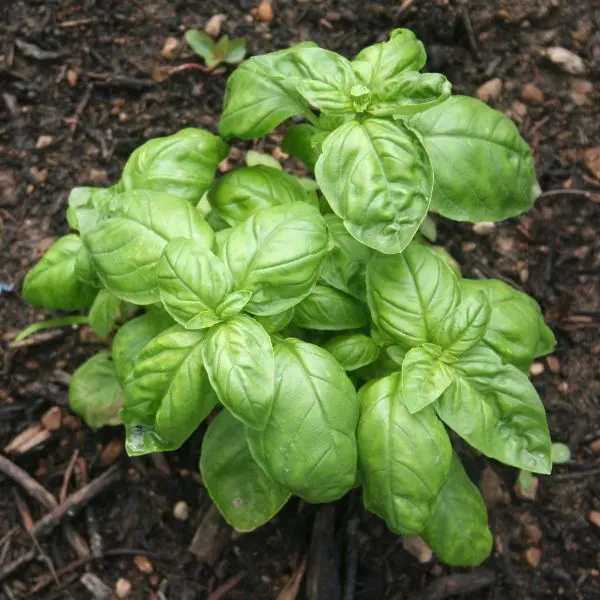
- Coriander: Coriander helps to repel asparagus rust and can also be used to flavor asparagus dishes.
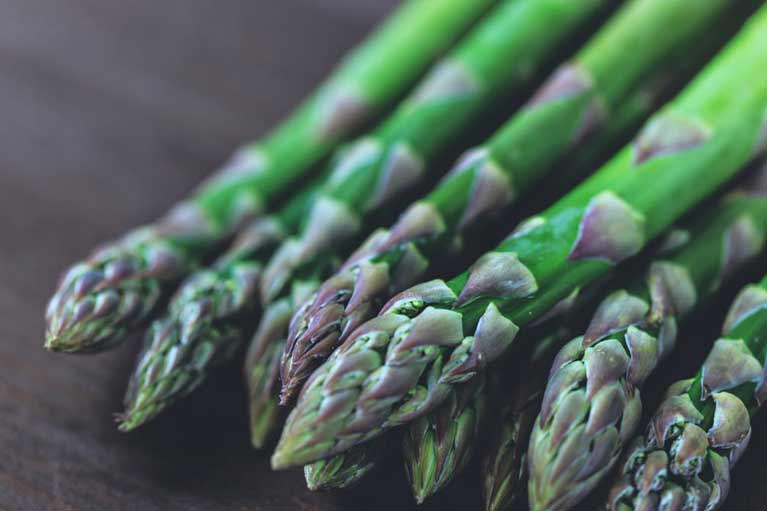
- Comfrey: Comfrey helps to improve the soil quality around asparagus plants.

- Marigolds: Marigolds help to deter asparagus beetles and other pests.
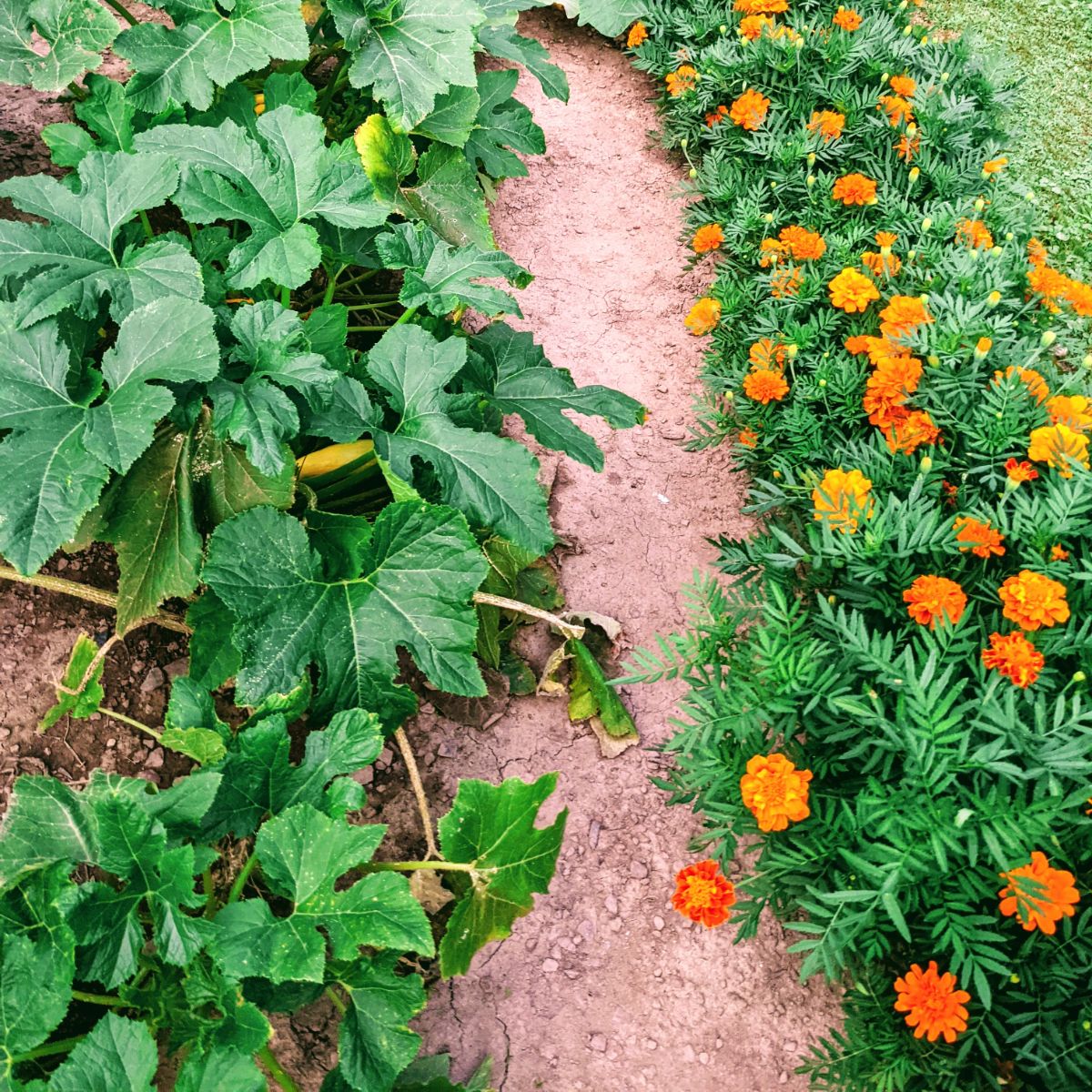
Post a Comment for "The Ultimate Guide To Companion Planting With Asparagus"